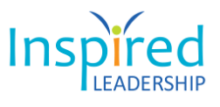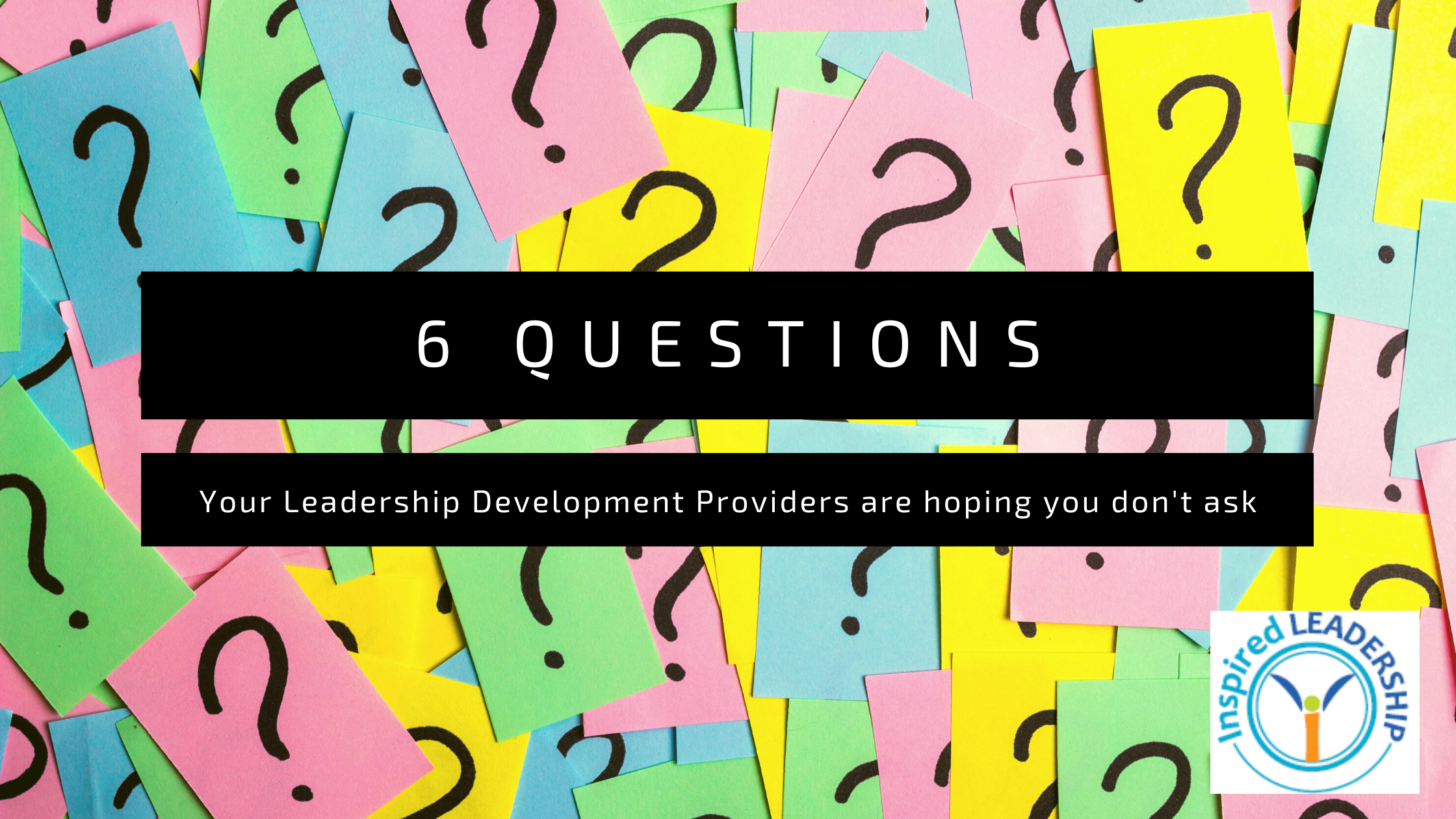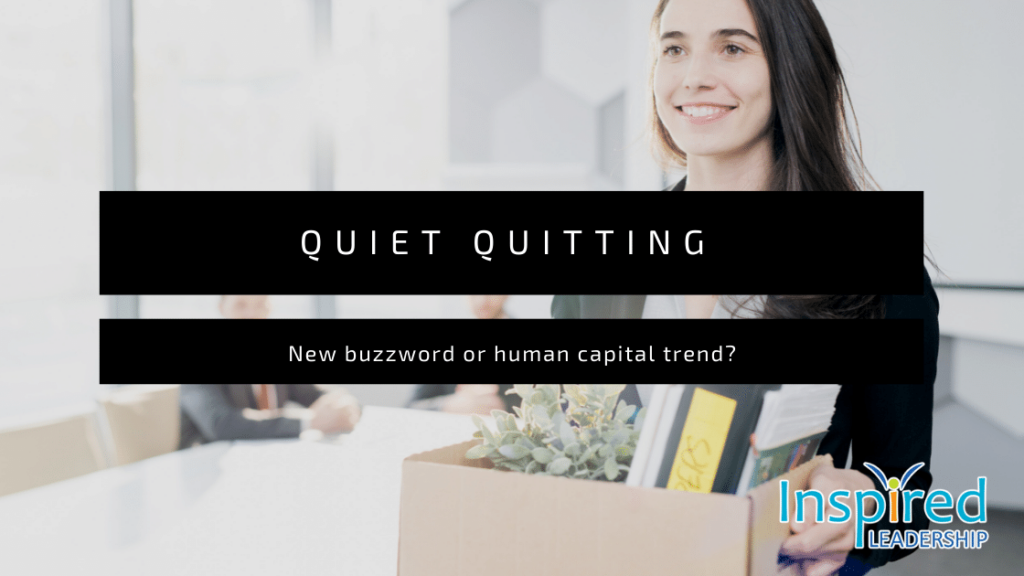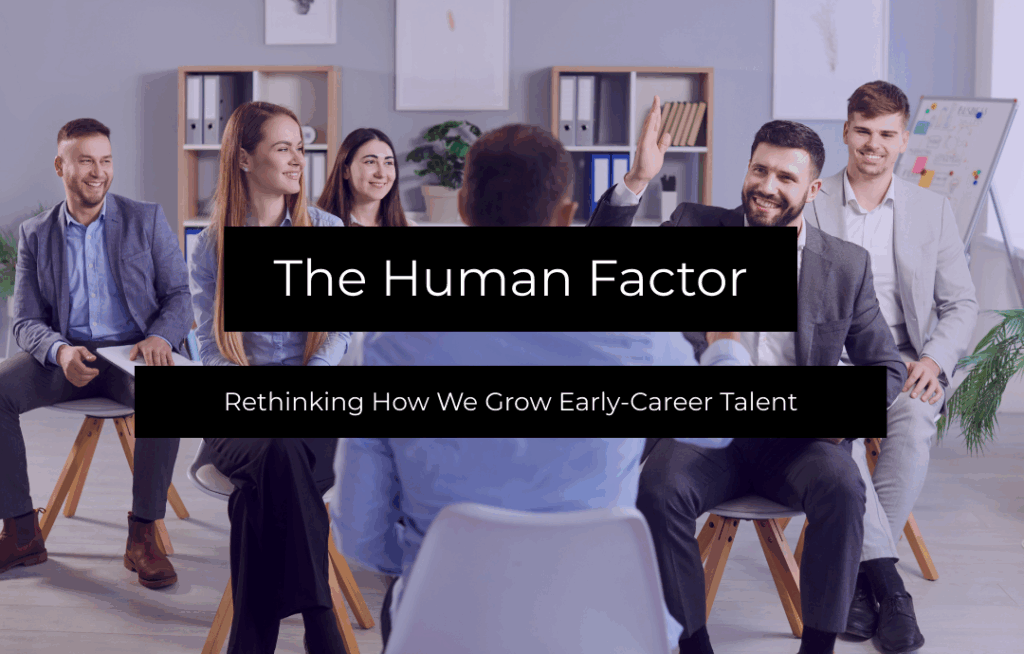One of the top challenges facing South African HR organisations right now is the looming deadline of completing your Workplace Skills Plan (WSP). You need to be responsive to the here and now and balance critical and scarce skills demands with looking far enough down the line to make informed strategic accredited training recommendations. An area that you can’t afford to ignore, is building a leadership pipeline for tomorrow and equipping today’s managers to be successful. Leadership development remains one of the TOP Scarce & Critical Skills across most SETA’s.
As you review your potential providers ask these 6 questions to ensure you onboard a Leadership Development provider who can give your business a measurable ROI (return on investment), create organisational impact, and who is equipped to seamlessly blend learning across high-tech and high-touch learning spaces.
-
How do you measure ROI?
You need to ask this because too much time and money is invested in leadership & management development without a tangible impact. As a result, most executives (and particularly those within the finance function) are left thinking, “so what?”. And without data that matters, the share of the budget allocated to training gets smaller and smaller.
Providers need to be able to equip you with data that matters to you and the business:
- The measurable impact of the learning on employee engagement
- The measurable impact of the learning on performance
- The measurable impact of the learning on retention
That shifts the conversation in the boardroom & equips you, as HR with data that has a business impact & leads to improved business results.
-
How do you impact the environment in which learners apply their skills?
We’ve all been there. We go off to a conference or training course and emerge pumped up and ready to change the world! We are full of good intentions but walk back into reality and intentions quickly evaporate. Investing in training without creating a supportive environment in which learning can and is expected to be applied is a waste of time, energy, and effort.
Training providers that look at development holistically will address not just the learner, but the ecosystem in which they operate. That means that the Rand spend on training converts into application. After all, organisations don’t change because people know more. They change because people do things differently.
If you are partnered with providers who do the hard work of engaging and equipping the managers of the learners, then you don’t have to. Providers who are dedicated to working at an organisational level and partner to create real impact, which means you get to be increasingly more effective and through partners scale your influence.
-
What experience do you have when it comes to designing and implementing blended learning?
There’s more nuance to the remote & blended learning transition than meets the eye. Simply moving your training to an online format & adding a virtual class, isn’t enough. Digital or e-learning is a great tool and very appropriate for just-in-time learning. But personal and leadership development isn’t something you “know”, it is something you “grow” and it takes time, effort, and application.
When you partner with a provider who has experience in pre-Covid blended learning design, you are putting your faith in an organisation with a strategic track record, not an emergency-burning-platform that forced the shift. A provider needs to tell you how they have approached blended learning before, their lessons learned, and how they have overcome them. Instant experts carry risk and why would you put your reputation on the line for an overnight expert?
-
How do you evaluate the retention and application of knowledge & skill?
If learning participants are not able to remember and apply what they learned long after the course is over, then what are you training them for? Retention of knowledge and application of what they learned in the medium term must be a key objective. Passing a test or assessment means they have good short-term memory. But applying what they learned in 6 months-time means they built new neural pathways through the active and repeated exposure to new concepts and content over time. That shifts the learning from a skill they know, to a skill they show.
Contracting suppliers who have an overt strategy & approach for knowledge retention and application give you the confidence that your learning investment is not just a “tick in the box” but it adequately equips your employees to behave differently, both straight after the training AND 6 months later.
-
How do you help me set this learning up effectively so that the right people are trained?
Far too often training Rands are spent on the wrong people. We over-train some and undertrain the majority, leaving potential untapped and creating prisoner participants. Providers who are involved with you to identify the right participants, and equip you to be successful & communicate the most appropriate messages are demonstrating that they are partners not just for the duration of the course, but to help you build a sustainable approach to developing your leadership pipeline.
When you partner with a provider who does this effectively, you feel supported and equipped for success. Leadership development becomes a KPI that you feel confident in delivering and you get to experience the benefits of extended capacity as the provider works seamlessly with you to extend your influence, impact, and reputation so that you are seen as contributing effectively to the bottom line of the business.
-
How do you partner with me and the business to build a sustainable leadership development eco-system?
Once-off cobbled together solutions without a golden thread waste budgets and frustrate employees & managers. With digital overwhelm (courtesy of COVID), HR needs to make wise partnering decisions before adding “one more thing” to the agenda. It is easy and tempting to offer programs to your organisation that meets the here-and-now, urgent need. But the cost in the medium term is on sustainable development. There isn’t an over-arching strategy, there are just programs & interventions. This is a risk.
Look for a partner who can help you create sustainable, scalable, and integrated leadership development that impacts not just the learner, but the environment in which they work. When you identify that provider you will feel much more confident to talk about your integrated leadership development strategy & your innovative approach to execution, setting you up as a strategic partner with the business.
Who are we and can we help you?
 We are in the business of developing & growing leaders. We host regular Virtual Connects which are a great platform for getting to know more abo
We are in the business of developing & growing leaders. We host regular Virtual Connects which are a great platform for getting to know more abo ut who we are and get a taste of our high-touch facilitation. We host 60-minute live sessions which draw from our Emerging Leaders content.
ut who we are and get a taste of our high-touch facilitation. We host 60-minute live sessions which draw from our Emerging Leaders content.
If we can help you think through your approach to developing your people or help you navigate through this challenging time, let’s chat.
Email us at info@inspiredleadership.world or book a 30-minute 1:1
We can think through your current leadership development challenges and how you can make things better.





